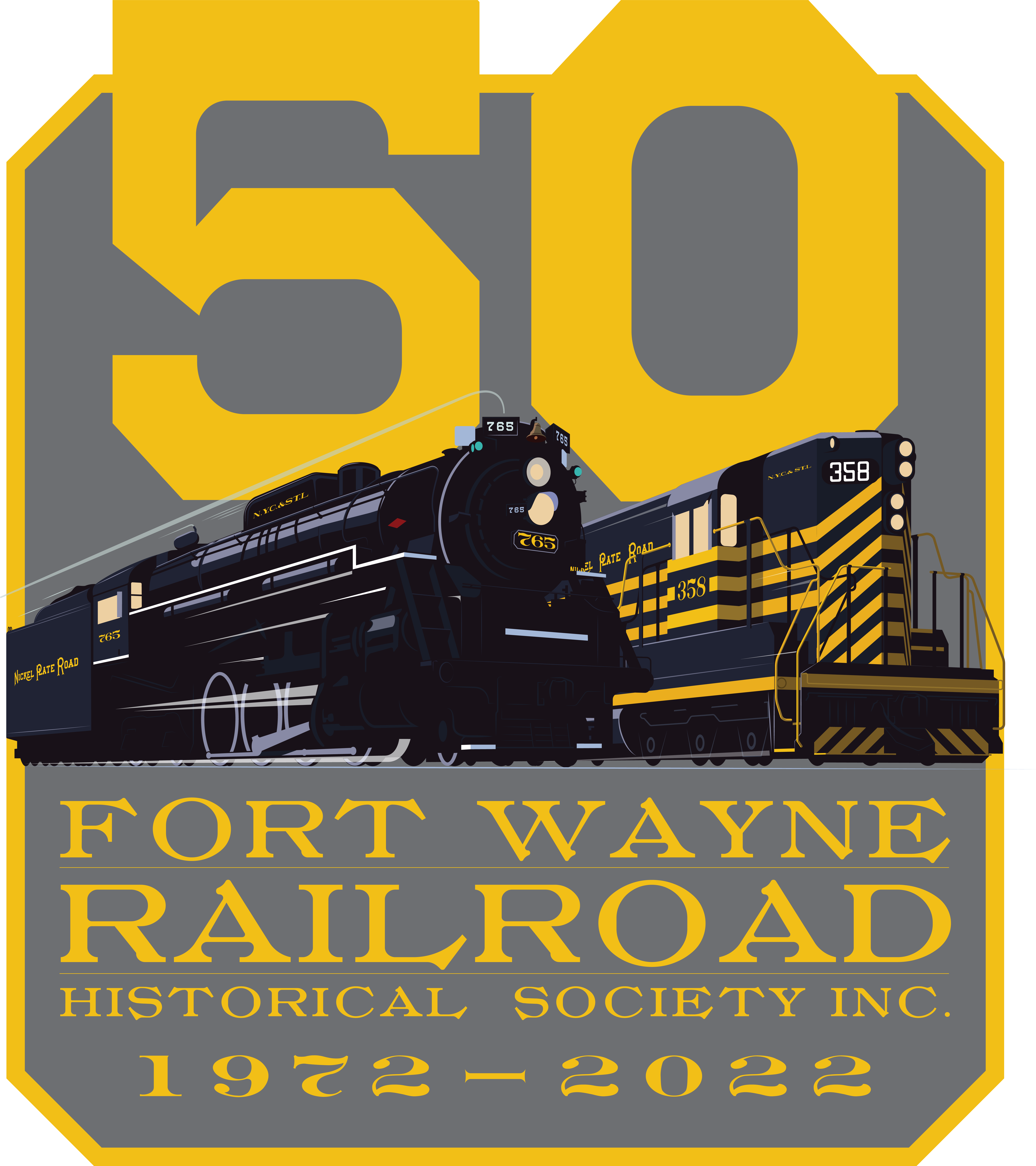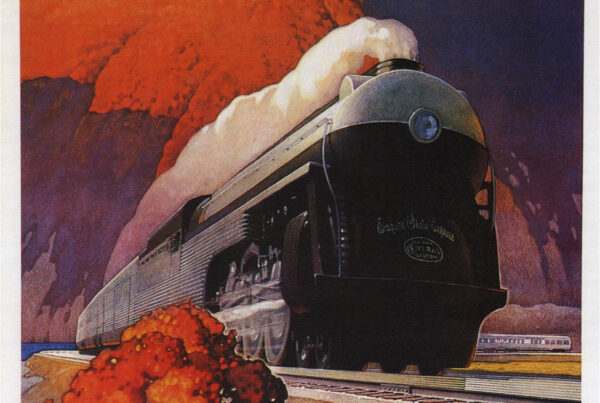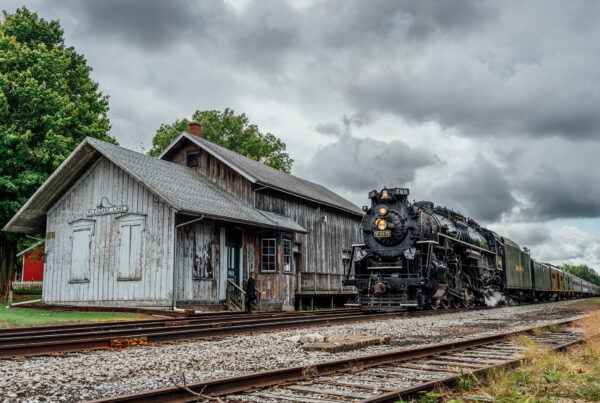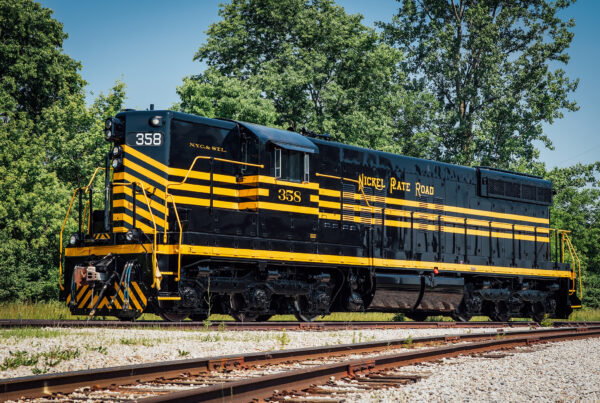July 8th, 2017 – The Fort Wayne Railroad Historical Society convened a meeting and solicited input from from over half a dozen mainline steam locomotive organizations and The Emery Rail Heritage Trust to address the challenge of Positive Train Control.
The Emery Rail Heritage Trust, Friends of the 261 and the Fort Wayne Railroad Historical Society (FWRHS) are pleased to announce $60,000 in grants to fund the development and implementation of Positive Train Control (PTC) on two historic steam locomotives: Milwaukee Road no. 261 and Nickel Plate Road no. 765. Each organization will receive $30,000 respectively to kick-start their individual fundraising efforts in order to cover the estimated $120,000 for implementation.
Individual donations are needed and can be made at online 261.com/donate and fortwaynerailroad.org/donate.
Railroads have invested billions in the federally mandated PTC technology, which is designed to automatically stop a train before certain accidents occur using an onboard computer system that monitors the train’s location, track data, routing, speed limits and other factors. While PTC is designed to prevent train-to-train collisions, and derailments due to excessive speed or misaligned switches, it will not prevent all railroad related accidents or derailments.
In 2017, the FWRHS convened a gathering for steam locomotive operators, representatives from Class 1 and commuter railroads and the Trust to consider the mechanical implications of the safety system. Included in the meeting and subsequent conversations were including Norfolk & Western 611, Southern Pacific 4449, Alaska Engine no. 557, Nashville, Chattanooga & St. Louis Railway No. 576, and Pere Marquette no. 1225, among others.
From this meeting, the group determined that it was wholly feasible to adapt the technology to work on individual locomotives, agreed to share technical resources and systems and work with the Federal Railroad Administration on implementing the technology on historic equipment.
“As an organization dedicated to insure that historic rail equipment is enjoyed by future generations, we felt it was critical to support the team effort by these operators. Steam locomotives like the 261 and 765 educate and engage thousands of people each year and PTC is a significant obstacle for these organizations,” said Jim Fetchero, Advisory Committee member for the Trust.
“Like many of our sister organizations, we need PTC to operate on much of the general railroad system. Our goal is to underscore that mainline steam locomotives can continue to be compliant with the modern railroad system with little deviation from the intent or purpose of PTC on any modern locomotive,” said Kelly Lynch, Vice-President of the Fort Wayne Railroad Historical Society, Inc.
“The Emery Rail Heritage Trust is to be commended for helping us lead the way to make sure our valuable railroad history can continue to enrich people’s lives,” said Lynch.
“We are grateful to The Emery Rail Heritage Trust for this very kind contribution. It will kickstart the 261’s efforts to begin the process of designing and installing PTC on 261. We look forward to working with the Fort Wayne Railroad Historical Society and sharing information on how best to solve this challenge facing our non-profit groups,” said Steve Sandberg, President & Chief Operating Officer of Friends of the 261.
Mainline steam locomotive groups are similarly grappling with other operational and logistical challenges, including changes in Amtrak’s policy regarding charter trains.
“Our fundraising trip for PTC was recently canceled due to these changes, so this donation helps fill the void,” explained Sandberg.
Friends of the 261 is currently working with Wabtec Railway Electronics to perform an assessment on how PTC will be installed on 261.
“We are hopeful that various suppliers of PTC equipment will see our non-profit organizations as worthy causes to help in this process,” Sandberg added.
In addition to researching the applicable technology, FWRHS and its sister organizations have, with Federal Railroad Administration (FRA) guidance, submitted language to the FRA to balance the safety features of PTC with the historic nature and unique characteristics of steam locomotives.






